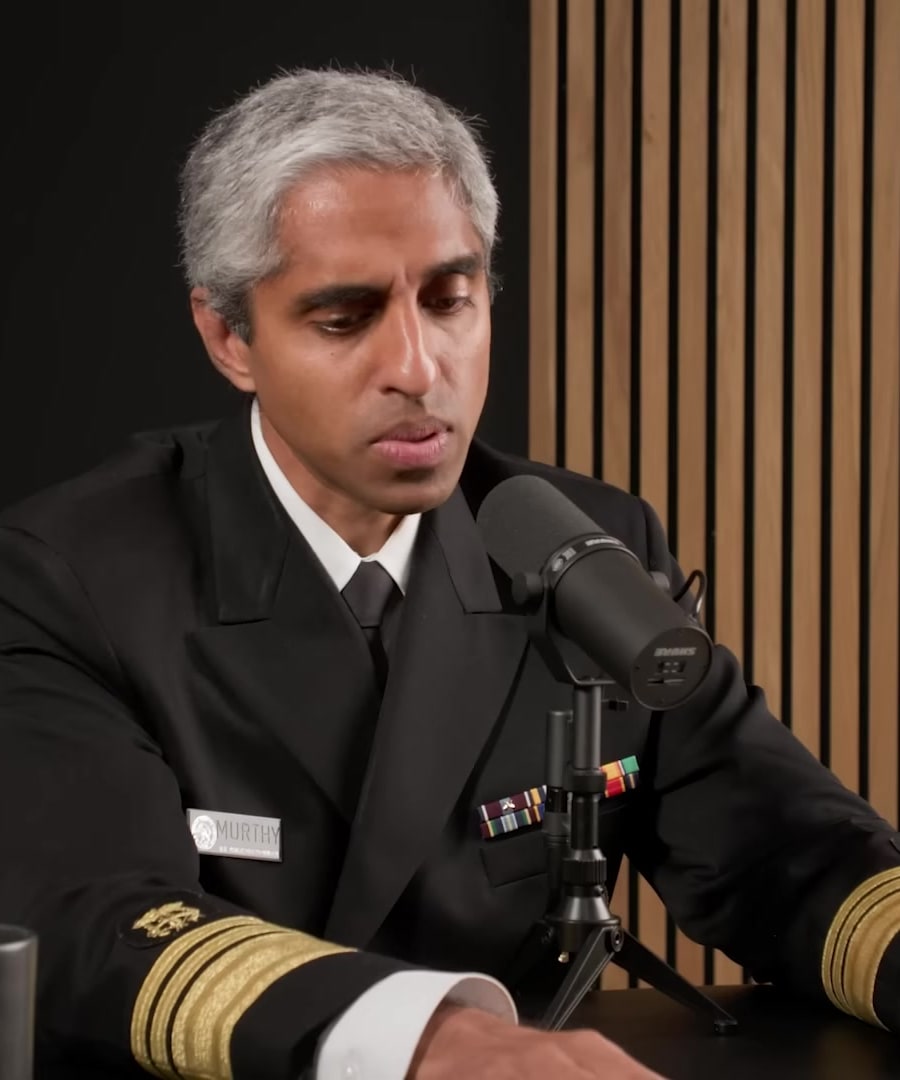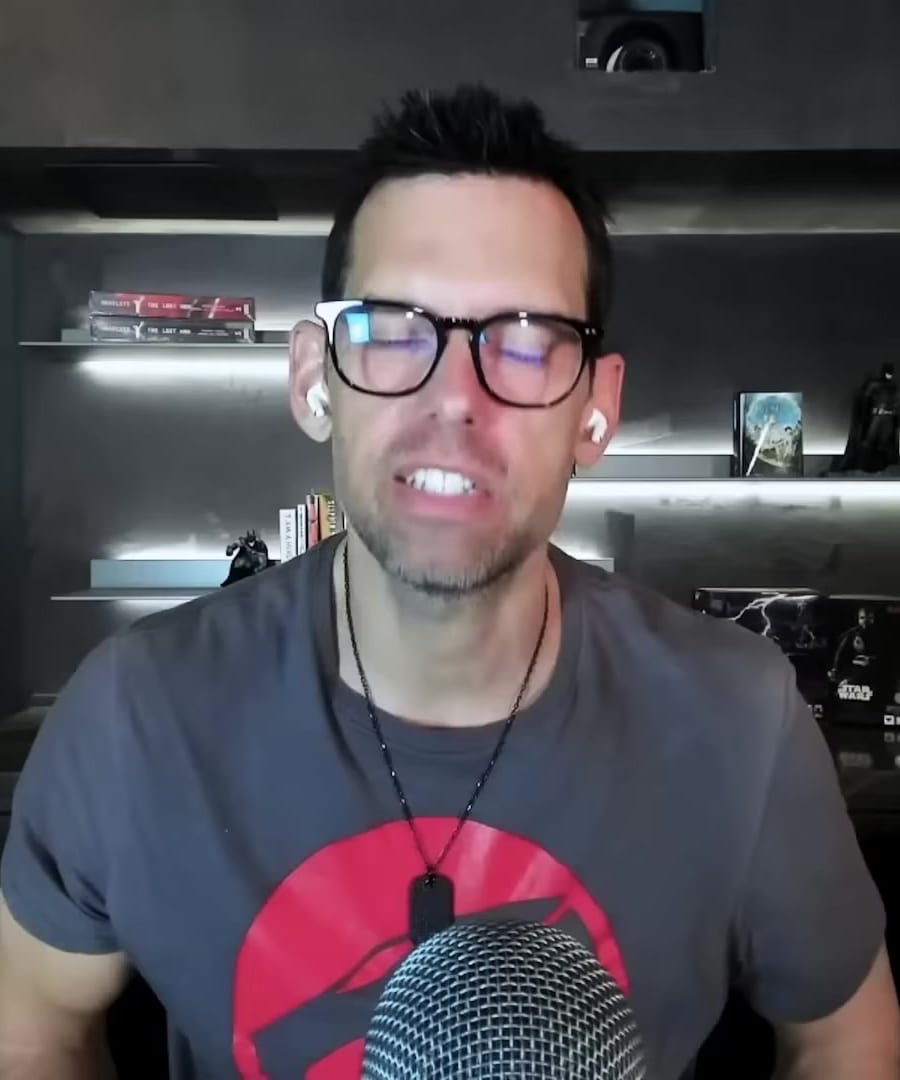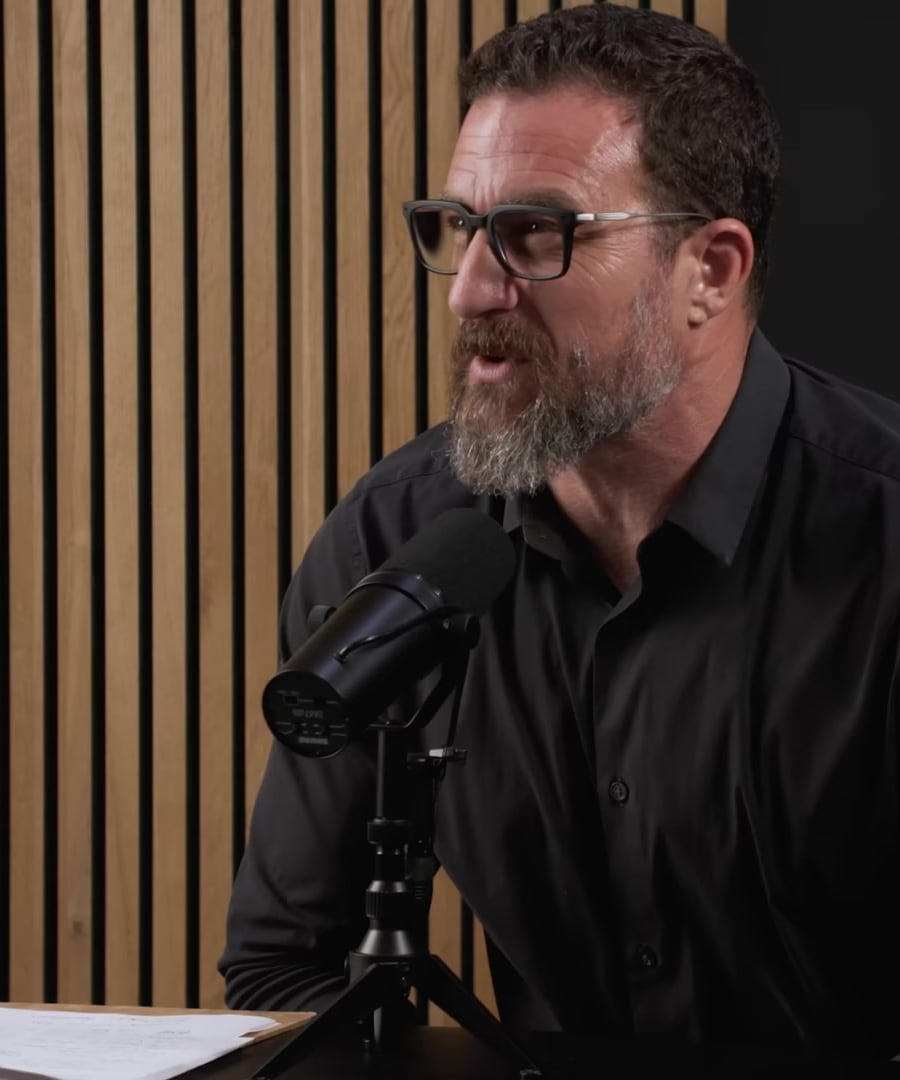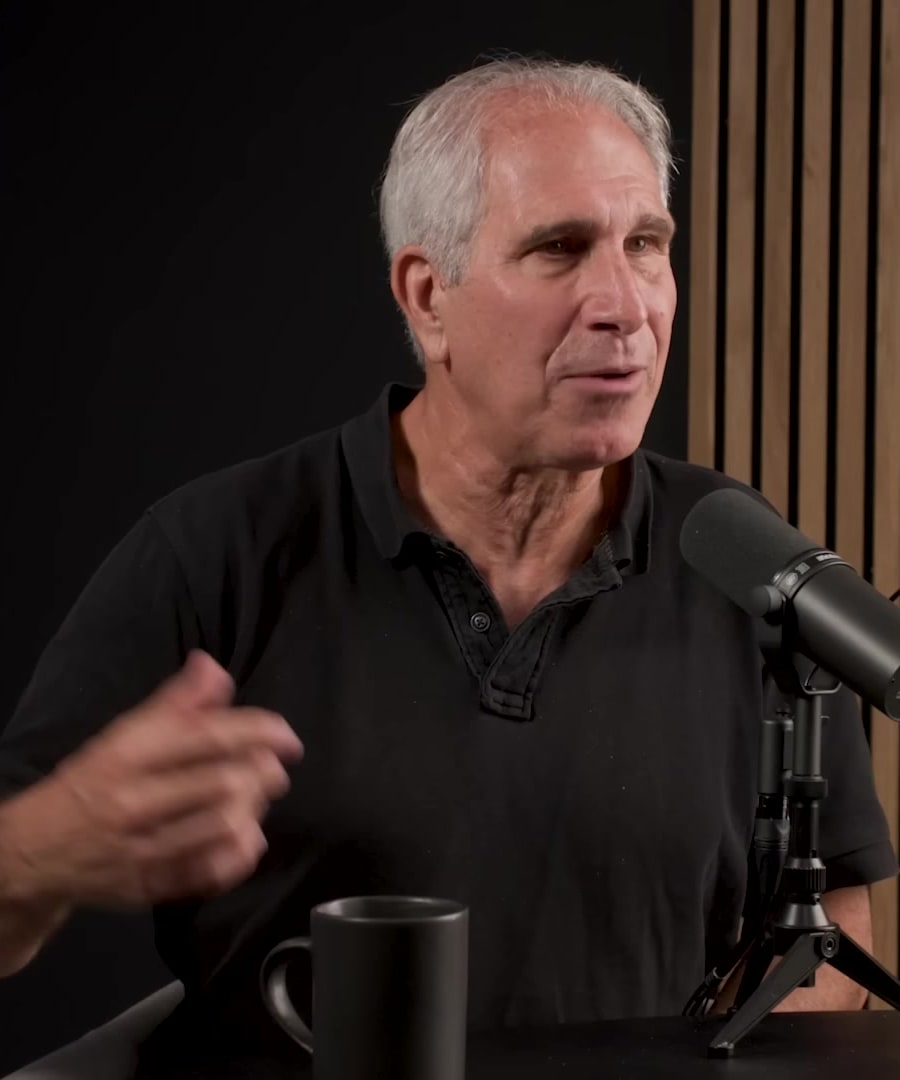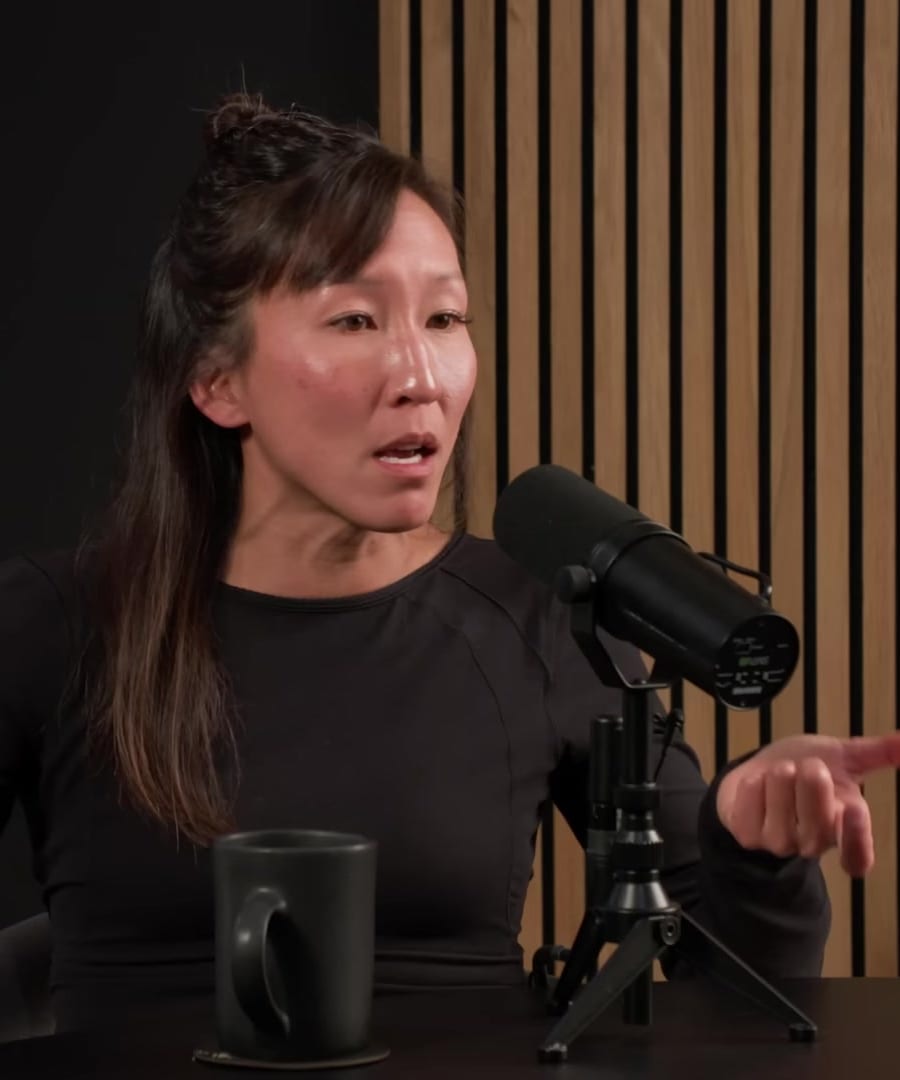How does social media impact isolation?
Sources:
Social media has profoundly changed the nature of communication and relationships, resulting in both connective and isolative effects. Vivek Murthy, U.S. Surgeon General, voiced concerns on the that while social media was intended to make us feel more connected, the actual nature of dialogue has shifted. Face-to-face interactions allow for a full spectrum of non-verbal cues, leading to more considerate exchanges. Online communication, however, often lacks these components, making interactions potentially more hurtful. Moreover, the relentless comparison to others online can deteriorate self-esteem, with many users feeling worse about themselves and their relationships, despite appearing content on their profiles 1.
similarly acknowledges the ambiguity of social media's role in alleviating loneliness. Teenagers, despite being avid users of social media, report feeling lonelier than ever, casting doubt on the platforms' capacity to replace genuine social engagement. The difference in experiencing social isolation with family compared to being completely alone also heavily impacts feelings of loneliness 2.
The concept of "social homeostasis" compares social interactions to the feeling of hunger for food. When we experience social deficits, like feeling lonely or isolated, we naturally crave increased social contact, much like we seek food when hungry. During the global pandemic, many individuals faced drastic reductions in social contact, leading to feelings of freefall. Nevertheless, over time, some adjusted to the new patterns, and research into social homeostasis is ongoing to understand the psychological and emotional impacts of such social isolation 3.
Social media directly affects our neurobiology, capitalizing on hardwired circuitry meant for reproduction and survival, such as the release of serotonin, dopamine, and oxytocin. These neurobiological mechanisms could lead to increased desires to use social media, which can be both positive and negative, highlighting the importance of societal awareness of its impact 4.
Overall, there is a broad recognition that while social media can offer benefits by keeping us connected, it also carries the potential for intensifying feelings of isolation and affecting mental health by fostering harmful comparisons and altering self-perceptions 5.
RELATED QUESTIONS
How does social media impact isolation?
- RELATED QUESTIONS
